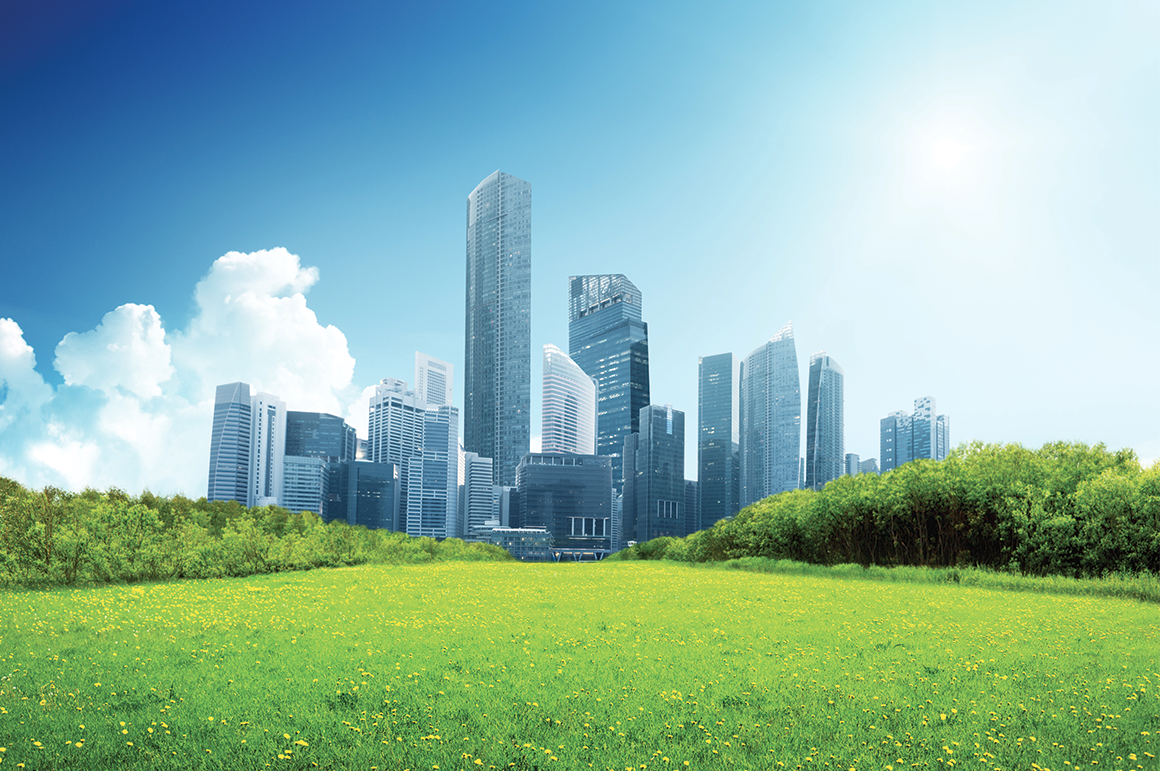
Sustainable Real Estate Development: Building a Greener Future
In an era marked by environmental consciousness, sustainable real estate development has emerged as a pivotal force shaping the landscape of the construction industry. This innovative approach not only addresses the immediate housing needs of communities but also strives to minimize the ecological impact, fostering a harmonious coexistence between urbanization and nature.
Environmental Stewardship in Design:
One of the key pillars of sustainable real estate development is the incorporation of environmentally conscious design principles. From energy-efficient structures to the use of eco-friendly materials, developers are increasingly embracing designs that prioritize minimizing carbon footprints and maximizing resource efficiency. This approach not only benefits the environment but also results in cost savings over the life cycle of the property.
Renewable Energy Integration:
The integration of renewable energy sources is a hallmark of sustainable real estate development. Solar panels, wind turbines, and other green energy technologies are being seamlessly incorporated into the fabric of modern buildings. This not only reduces reliance on traditional energy sources but also contributes to the overall reduction of greenhouse gas emissions, aligning the real estate sector with broader global sustainability goals.
Smart Infrastructure and Technology:
The advent of smart technology has revolutionized the real estate sector. Sustainable developments leverage cutting-edge technologies to optimize energy usage, enhance security, and improve overall quality of life for residents. From smart meters to advanced building management systems, these innovations contribute to the efficient functioning of sustainable communities.
Community Engagement and Well-being:
Sustainable real estate development goes beyond the physical structures; it focuses on fostering thriving communities. With an emphasis on green spaces, communal areas, and recreational facilities, these developments prioritize the well-being of residents. Walkable neighborhoods, bike lanes, and community gardens create a sense of connectivity, promoting a healthier and happier lifestyle.
Economic Viability and Long-Term Investments:
Contrary to the misconception that sustainable development comes at a higher cost, many studies suggest that the initial investment in eco-friendly features often pays off in the long run. Energy-efficient buildings lead to reduced operational costs and increased property values. Investors and developers are recognizing the economic viability of sustainable real estate, making it a prudent choice for long-term investments.
Global Impact and Social Responsibility:
Sustainable real estate development is not confined to local boundaries; it contributes to global efforts to combat climate change. By adopting practices that reduce environmental harm, the real estate sector becomes a proactive participant in the broader narrative of social responsibility. This interconnectedness underscores the importance of every sustainable development project in contributing to a healthier planet.
Linking Sustainable Real Estate Development to the Future:
As the demand for sustainable living spaces continues to grow, initiatives like Sustainable Real Estate Development play a crucial role in shaping our future cities. The Wasl Group, a prominent advocate for sustainable practices in real estate, actively promotes and implements environmentally conscious strategies. To learn more about sustainable real estate development and the impactful projects by the Wasl Group, visit WaslInfo.org.
In conclusion, sustainable real estate development is more than just a trend; it represents a fundamental shift towards a future where communities thrive in harmony with the environment. The integration of green technologies, community engagement, and economic viability make sustainable developments not only environmentally responsible but also economically and socially beneficial. As the real estate industry continues to evolve, the commitment to sustainability will play a defining role in shaping the cities of tomorrow.
